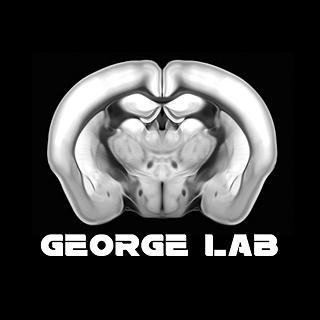Pilot Grants Available to use the Cocaine and Oxycodone Biobanks
- Olivier George
- Jun 4, 2019
- 2 min read

If you are interested in using the CocaineBiobank or OxycodoneBiobank for your research but do not have dedicated funding, you can apply here to a Pilot Grant program managed by the NIDA Center of Excellence in Omics, Systems Genetics, and the Addictome (OSGA).
The goal of the NIDA Center of Excellence in Omics, Systems Genetics, and the Addictome (OSGA) is to enable NIDA and NIAAA researchers to more easily analyze complex interactions of genetic, epigenetic and environmental factors on drug abuse risk, relapse, and treatment. We focus principally on support of rat genetic models of addiction.
Purpose: This pilot program seeks to encourage investigators to explore the role of genetics and genomics of addiction by reducing and eliminating barriers to implementation; and to promote the development of collaborative, inter-disciplinary teams.
Types of grants that will be supported. The Center will fund three general types of pilot grants: 1) pilot grants to investigate new and cutting-edge omics technologies to study addiction, 2) pilot grants to expand current behavioral and exposure rat models to a more genetically diverse population (e.g., heterogeneous stock, recombinant inbred panels, the Hybrid Rat Diversity Panel), and 3) pilot grants to develop statistical methods and bioinformatics tools for analyzing and integrating omics data from large rodent populations.
Nature of grant awards. Applicants may request up to $20,000 per year for two years. For purposes of this project, applicants will also have access to animals and/or tissues from the Hybrid Rat Diversity Panel (HRDP) for only the cost of shipping through Dr. Melinda Dwinell and the Medical College of Wisconsin (ratrequest@mcw.edu). We also encourage applicants to explore publicly available rat resources including 1) tissues from Heterogeneous Stock (HS) rats collected by The NIDA Center for GWAS in Outbred Rats (http://ratgenes.org/sample-sharing/), the Oxycodone BioBank (https://www.oxycodonebiobank.org), and the Cocaine BioBank (https://www.cocainebiobank.org) and 2) omics data from PhenoGen (https://phenogen.org), GeneNetwork2 (http://gn2.genenetwork.org), and the Rat Genome Database (https://rgd.mcw.edu).





Comments